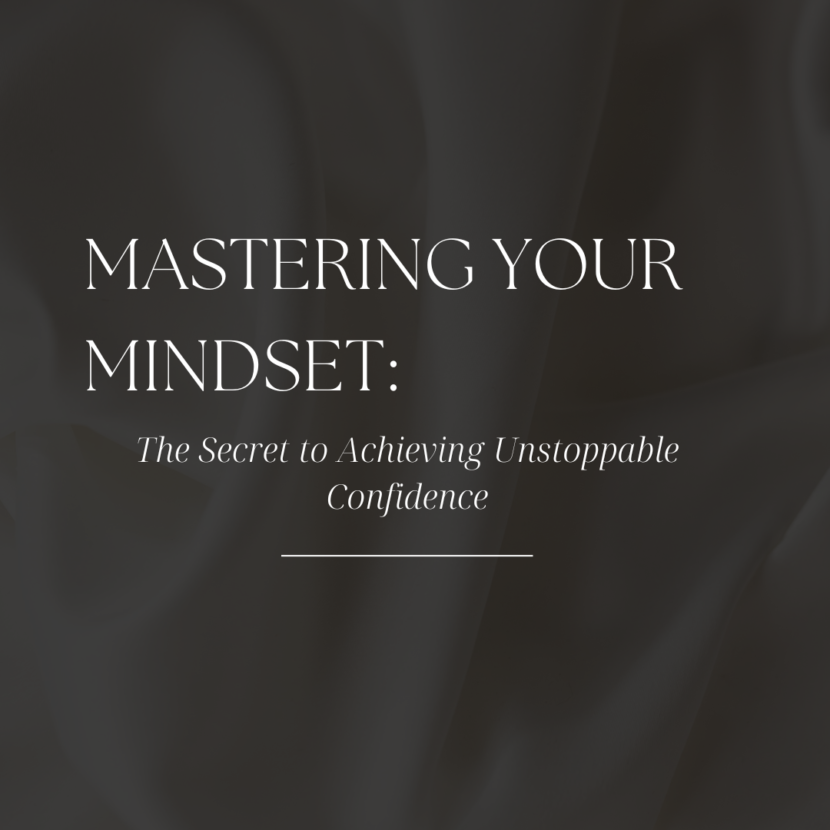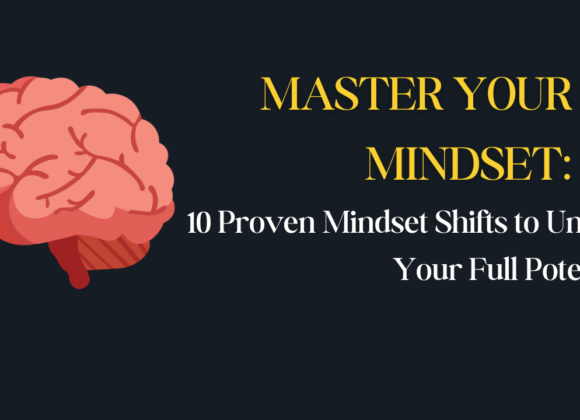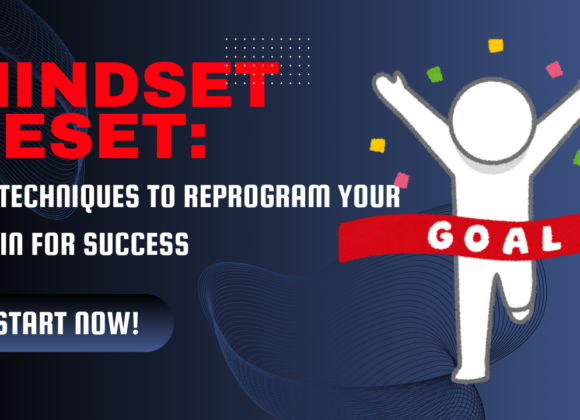Ever wondered why some people seem to exude confidence effortlessly while others struggle? The answer lies in one powerful concept: mindset. Your mindset is the key to unlocking your potential and achieving a level of confidence that feels unstoppable. In this article, we’ll explore the secrets behind a confident mindset and offer practical steps to help you cultivate it in your own life.
Understanding Mindset
Your mindset is the lens through which you view the world, yourself, and your abilities. It’s more than just a mental attitude; it’s a collection of beliefs and thoughts that shape your reality. Psychologist Carol Dweck’s research popularized the idea of the fixed vs. growth mindset. A fixed mindset believes that abilities are static and unchangeable, while a growth mindset embraces the idea that skills can be developed through effort and learning. If you want to become confident, adopting a growth mindset is crucial.
The Power of a Positive Mindset
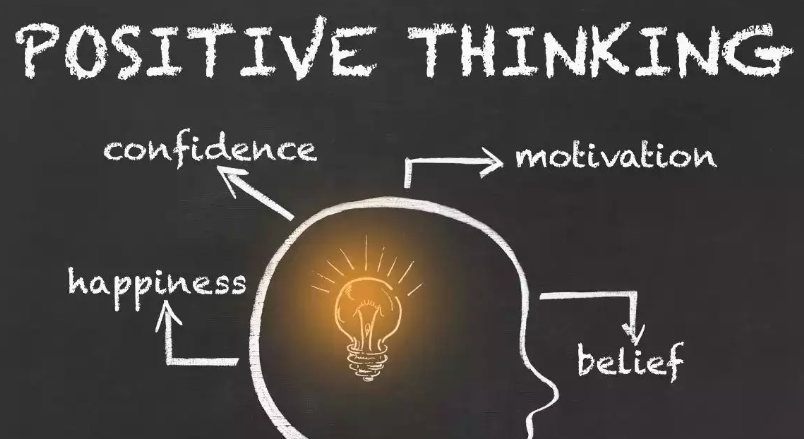
A positive mindset can work wonders for your confidence. It shifts your focus from obstacles to opportunities and turns challenges into learning experiences. Consider the stories of successful athletes, entrepreneurs, and public speakers—they all share a common trait: a positive mindset. Science supports this too. Studies show that a positive attitude can enhance resilience, reduce stress, and improve overall well-being—all of which contribute to greater confidence.
Identifying Negative Thought Patterns

To cultivate a confident mindset, you first need to understand what might be holding you back. Negative thought patterns like catastrophizing, self-doubt, and overgeneralizing are common culprits that can sabotage your confidence. Are you always expecting the worst? Do you magnify small mistakes into big failures? Learning to recognize these patterns is the first step toward breaking free from them.
Reprogramming Your Mindset for Confidence
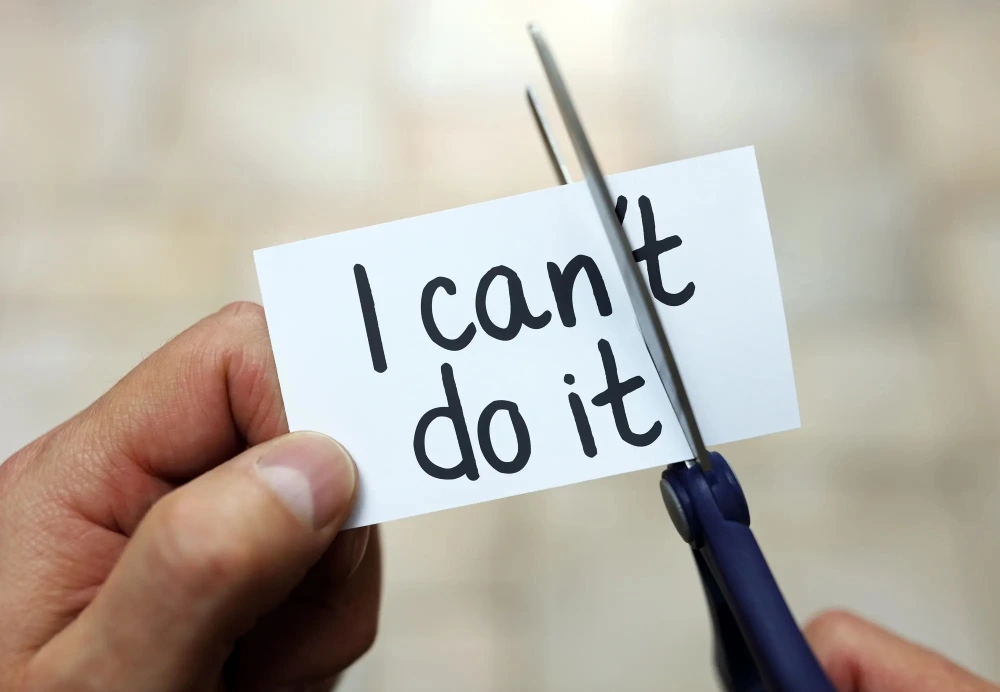
Reprogramming your mindset is about replacing limiting beliefs with empowering ones. It involves shifting from a fixed mindset to a growth mindset. One powerful way to do this is by adopting daily habits that reinforce positivity and confidence. For instance, you could practice affirmations, read inspiring stories, or keep a journal of your progress. These small steps, when done consistently, can lead to big changes in how you see yourself.
Visualization and Its Impact on Confidence

Visualization is a technique used by high achievers across various fields. It involves imagining yourself successfully completing a task or achieving a goal. This mental rehearsal can boost your confidence by making your goals feel more attainable. To visualize effectively, find a quiet place, close your eyes, and picture every detail of your success—the sights, sounds, and emotions. Do this regularly, and you’ll start to notice a shift in your confidence levels.
The Role of Self-Talk in Building Confidence

How do you talk to yourself when no one is listening? Self-talk—the internal dialogue you have—can significantly influence your confidence. Positive self-talk encourages, while negative self-talk diminishes. Start replacing phrases like “I can’t do this” with “I can handle this challenge.” Over time, your brain starts to believe what you tell it, and your confidence grows.
Developing a Habit of Gratitude
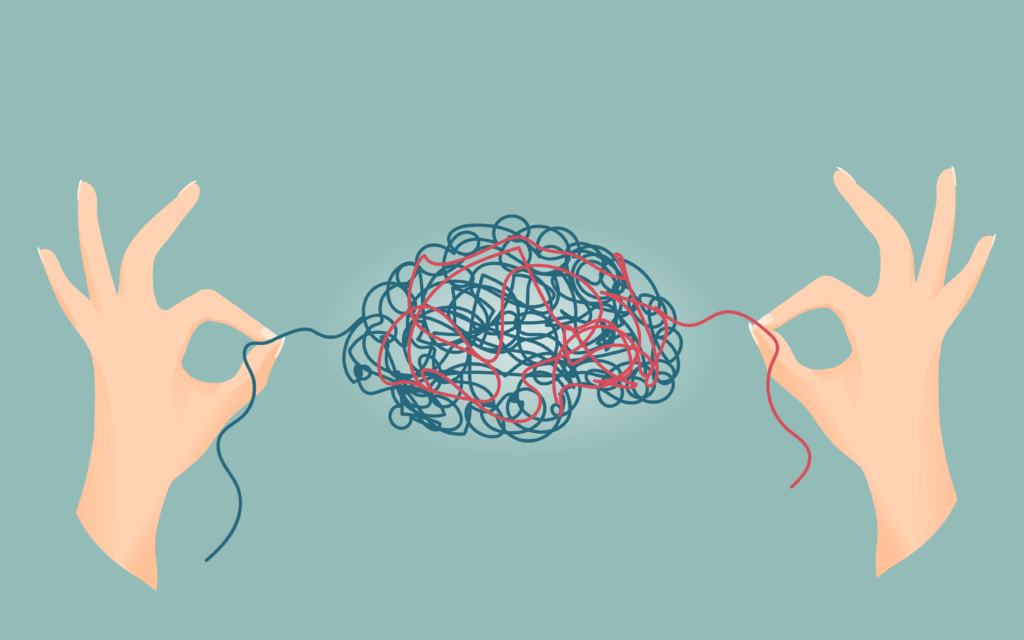
Gratitude is a powerful practice that can change your mindset and boost your confidence. When you focus on what you have, rather than what you lack, you begin to feel more capable and positive. Start by noting down three things you’re grateful for each day. This simple exercise can help you shift your focus from negativity to the abundance in your life.
Setting Realistic Goals to Build Confidence

Confidence doesn’t come from achieving unrealistic expectations; it grows from setting achievable goals and reaching them. Use the SMART (Specific, Measurable, Achievable, Relevant, Time-bound) criteria when setting goals. Break down big goals into smaller, manageable tasks, and celebrate your progress along the way. Each small win will fuel your confidence to tackle bigger challenges.
Overcoming Fear and Embracing Failure

Fear is often the biggest obstacle to confidence. But what if you could turn your fear into fuel? Instead of avoiding situations that scare you, face them head-on. Remember that failure is not the end—it’s a stepping stone to success. Many successful people view their failures as valuable lessons that eventually led to their achievements.
The Importance of Surrounding Yourself with Positivity
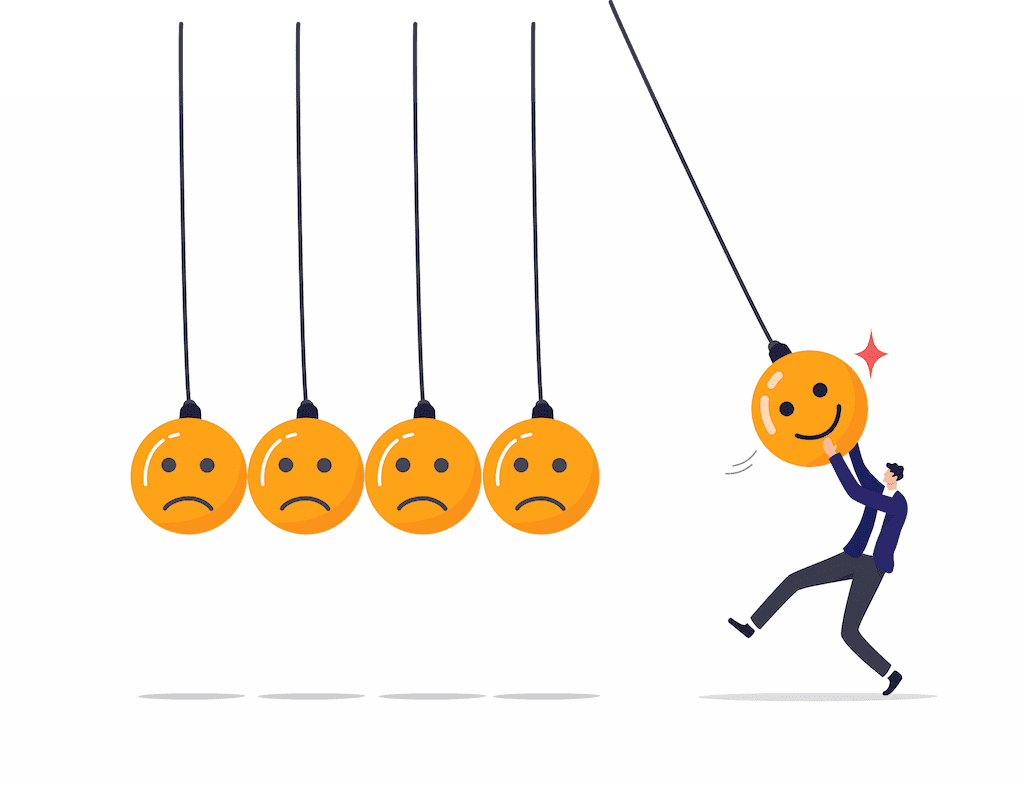
“You are the average of the five people you spend the most time with.” This popular saying highlights the importance of your environment. Surround yourself with supportive and positive individuals who lift you up, not drag you down. Find a mentor, join groups with similar goals, or simply spend more time with friends who encourage your growth. Let go of toxic influences that hinder your mindset development.
Practicing Mindfulness and Meditation for a Confident Mindset
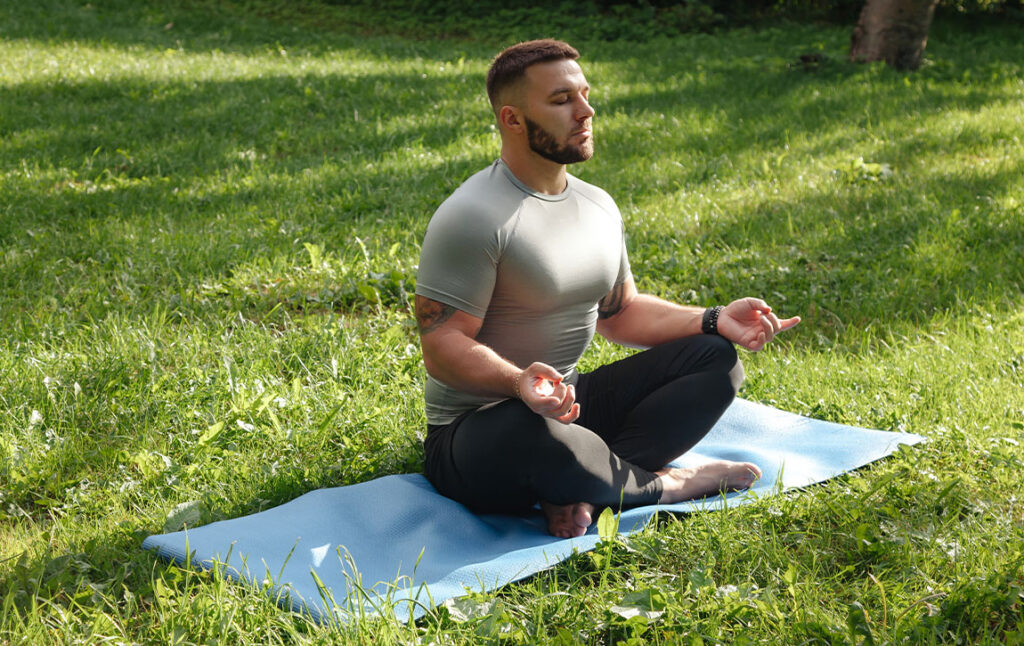
Mindfulness is about being present in the moment without judgment. This practice can help calm your mind, reduce stress, and foster a more confident outlook. Start with simple exercises like deep breathing or a five-minute body scan meditation. The more mindful you become, the more you’ll be able to respond to challenges with a clear and confident mind.
Building Resilience for Lasting Confidence

Resilience is the ability to bounce back from setbacks—a crucial trait for sustaining confidence. Building resilience involves learning from failures, adapting to change, and maintaining a positive outlook despite challenges. Practice self-care, stay optimistic, and seek help when needed. Over time, you’ll find yourself becoming more resilient and, as a result, more confident.
Tracking Your Mindset Progress

To ensure your efforts are paying off, it’s important to track your progress. Keep a journal of your thoughts, feelings, and experiences as you work on your mindset. Use tools like mood trackers or habit apps to monitor your daily habits. Periodically review your journey, celebrate your successes, and make adjustments where necessary. Progress tracking will keep you motivated and confident.
Conclusion
Mastering your mindset is not a one-time event—it’s a lifelong journey. By shifting your perspective, practicing gratitude, and embracing challenges, you can develop a mindset that empowers you to face any obstacle with confidence. Remember, the secret to unstoppable confidence lies within you. Take the first step today, and watch your confidence grow.
FAQs
1. What is the difference between self-esteem and confidence?
Self-esteem is about how you value yourself, while confidence is about how capable you feel in achieving specific tasks. You can have high self-esteem but lack confidence in certain areas and vice versa.
2. How long does it take to change your mindset?
Changing your mindset varies for everyone. Some may see improvements within a few weeks, while for others, it may take months. Consistency is key to long-term change.
3. Can anyone learn to be confident?
Absolutely! Confidence is a skill that can be learned and developed over time, just like any other ability. It requires effort, practice, and patience.
4. What should I do when I feel my confidence slipping?
When you feel your confidence slipping, take a moment to pause, breathe, and reflect. Remind yourself of past successes, practice positive self-talk, and engage in activities that make you feel good.
5. How does mindset affect other areas of life?
Your mindset doesn’t just influence confidence; it impacts your relationships, career, health, and overall happiness. A positive mindset can lead to better outcomes in nearly every aspect of life.

